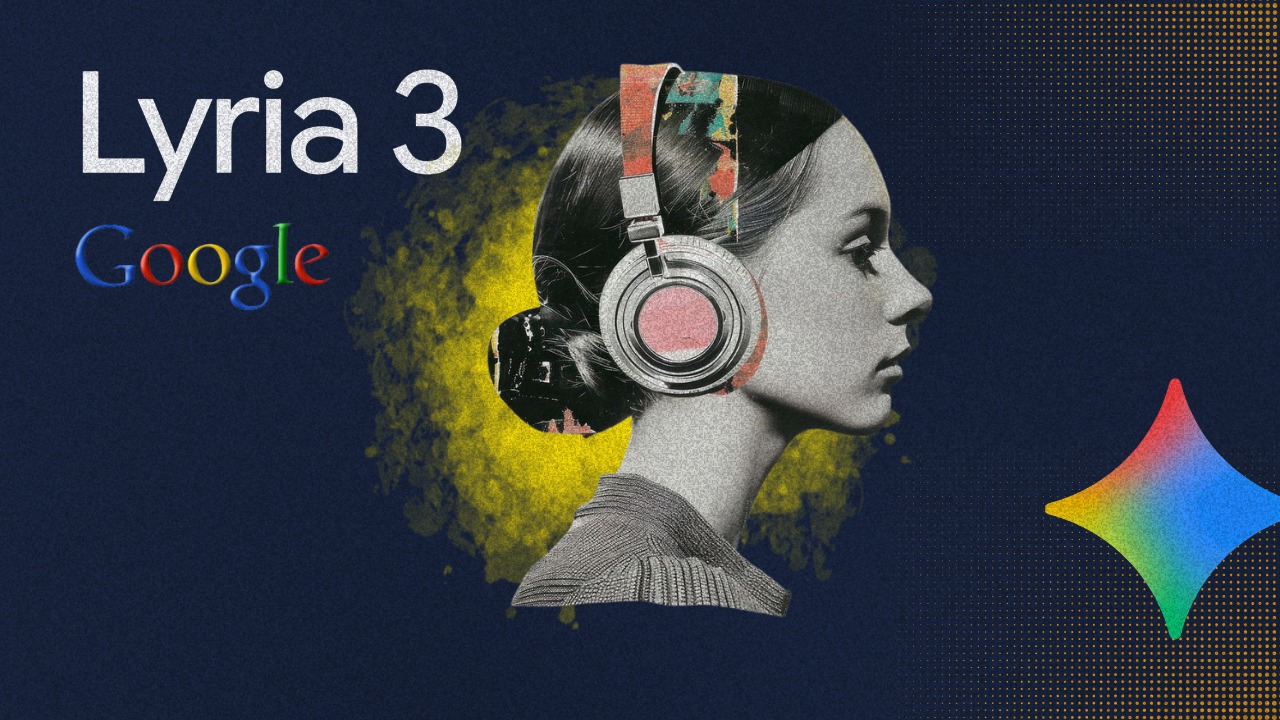
Welcome, Humans!
Ready for your daily dose of AI chaos? I’ve rounded up Today’s Top AI Headlines for those who like to stay ahead – and for the curious, I’ve got some eyebrow-raising stories Beyond the Headlines. Let’s dive in.
In a Nutshell:
Claude gets memory without the creepy profiling
Vercel launches full-stack apps from a single prompt
OpenAI’s Reasoner tops AI rankings at IOI
Korean AI designs cancer drugs from scratch
Meta predicts brain activity without brain scans
🚀Today’s Top AI Headlines:

Claude Gains Memory and Search Features: Anthropic has introduced a major update to Claude, giving it the ability to recall past chats when explicitly prompted by the user. Unlike some AI assistants that store all interactions automatically, Claude’s new feature offers context continuity without persistent background profiling—ensuring privacy remains in user control. Paid subscribers will be the first to access the update, which allows Claude to reintroduce relevant details from earlier conversations for better flow in ongoing projects or long-term collaborations. The recall system is combined with an upgraded search capability, enabling Claude to sift through previous exchanges for specific references, instructions, or facts on demand. This means a user working on a multi-day coding project, policy draft, or research summary can resume seamlessly without needing to restate prior details each time. Anthropic says the design is part of its broader philosophy to make AI more contextually intelligent while maintaining user autonomy over stored information. Analysts suggest that while memory features are becoming common in leading AI models, Anthropic’s opt-in structure could appeal to privacy-conscious users and enterprise customers with strict compliance requirements. This measured approach may give Claude an edge as AI assistants increasingly blend long-term contextual memory with search efficiency.
Source: Digital Information🤖 Robi: “Claude now remembers your coffee order, but only if you file the paperwork.”
Vercel Launches v0.app for Instant App Creation from Prompts: Vercel has unveiled v0.app, an ambitious new platform that lets users generate complete applications, frontend, backend, and logic, directly from a single text prompt. Using what the company calls “agentic intelligence,” v0.app can autonomously iterate on the project, refine code, and resolve errors without requiring manual intervention. Designed for both developers and non-developers, the system integrates web search to pull design inspiration, implements dynamic UI generation, and supports responsive layouts out of the box. Backend generation includes API scaffolding, authentication, and database integration, making it a full-stack solution in minutes. Error handling is built into the workflow, so the AI not only builds but also debugs automatically. Vercel’s move into AI-driven app creation follows growing demand for no-code and low-code platforms that reduce time-to-launch for digital products. Analysts note that by combining the company’s existing strengths in web performance optimization with a hands-off build process, v0.app could become a go-to tool for rapid prototyping and MVP launches. The rollout positions Vercel to compete with emerging AI coding tools like Cursor and Lovable, but with a stronger focus on complete product assembly rather than just code generation. Early access is open now, with enterprise features planned for later this year.
Source: Vercel🤖 Robi: “Finally, an intern who doesn’t ask what “MVP” stands for.”
OpenAI’s Reasoner Wins Gold at IPO: OpenAI’s general-purpose reasoning model has made history at the 2025 International Olympiad in Informatics (IOI), ranking 6th overall among human competitors and securing 1st place among all AI systems. The model, which is trained for broad reasoning tasks rather than pure coding, doubled its score from last year’s competition and displayed a significant improvement in handling algorithmic challenges under strict contest conditions. Notably, it solved problems in competitive programming within the same time constraints as human contestants—requiring both accuracy and efficiency under pressure. Beyond the IOI, OpenAI reports that the model has also excelled in other international math and programming challenges, outperforming previous AI benchmarks and demonstrating adaptability to varied problem types. This result signals a shift in AI’s role from passive assistance to active participation in expert-level competitions. While the model is not publicly available in its competition-ready form, its success hints at future tools that could support advanced problem-solving in academia, industry, and research. Education experts note that this performance may drive new debates over whether AI should compete alongside humans or remain a supportive, behind-the-scenes collaborator in skill-based contests.
Source: 36KR
🤖 Robi: “Great, now AI can beat you at your job and your hobbies.”
🔍Beyond the Headlines:
Korean AI Designs Precision Cancer Drugs from Scratch: Researchers at KAIST have unveiled BInD, a groundbreaking AI diffusion model capable of designing cancer drugs without relying on prior datasets. Unlike traditional drug discovery methods, which often adapt existing compounds, BInD generates new molecules optimized for safety, stability, and manufacturability in a single step. It specifically targets harmful protein mutations while avoiding healthy cells, a key breakthrough for precision medicine. The ability to produce drug candidates from scratch could significantly shorten development timelines and reduce costs.
Source: BIZ🤖 Robi: “A drug designer that never takes lunch breaks or vacations.”
Meta’s TRIBE AI Predicts Brain Responses to Movies: Meta’s FAIR research team has launched TRIBE, a 1B-parameter neural network that can predict brain activity patterns while a person watches films, without needing actual brain scans. By integrating data from multiple sensory streams, TRIBE surpassed single-sense models and won the Algonauts 2025 brain modeling competition. The technology offers promising applications in neuroscience, brain-computer interfaces, and personalized media, but it also raises significant privacy and ethical concerns.
Source: Meta🤖 Robi: “Soon your Netflix “recommended for you” list will be based on your neurons.”
🤖Prompt of the Day:
Validate a Startup Concept
Prompt: Please act as a seasoned startup consultant and help me assess the strength of my business concept. Please evaluate my idea against key factors including target market size and potential, clarity of the customer problem, uniqueness of the solution, competitive positioning, revenue model sustainability, operational feasibility, and ability to scale. Provide a one-sentence summary capturing your verdict on the idea’s potential, followed by a concise but insightful critique highlighting strengths, weaknesses, and actionable recommendations for refinement or further exploration. Here is my idea: [insert idea]
🤖AI Tools You Didn’t Know You Needed:
Problem: Crafting fiction often stalls due to writer’s block, inconsistent tone, and fragmented planning tools pulling you out of your creative rhythm.
AI Solution: Specialized AI writing platforms consolidate brainstorming, drafting, editing, and worldbuilding, keeping you immersed in your narrative flow.
AI Tool: Sudowrite is a fiction-focused AI companion and writing toolkit that guides novelists through idea generation, prose enhancement, and structured drafting.
Helpful Features
Brainstorm: Sparks character ideas, plot twists, and settings.
Describe: Adds sensory-rich detail.
Rewrite: Refines tone and phrasing.
Story Bible: Plans and organizes narrative elements.

⚡ Robi’s Hot Take on X






